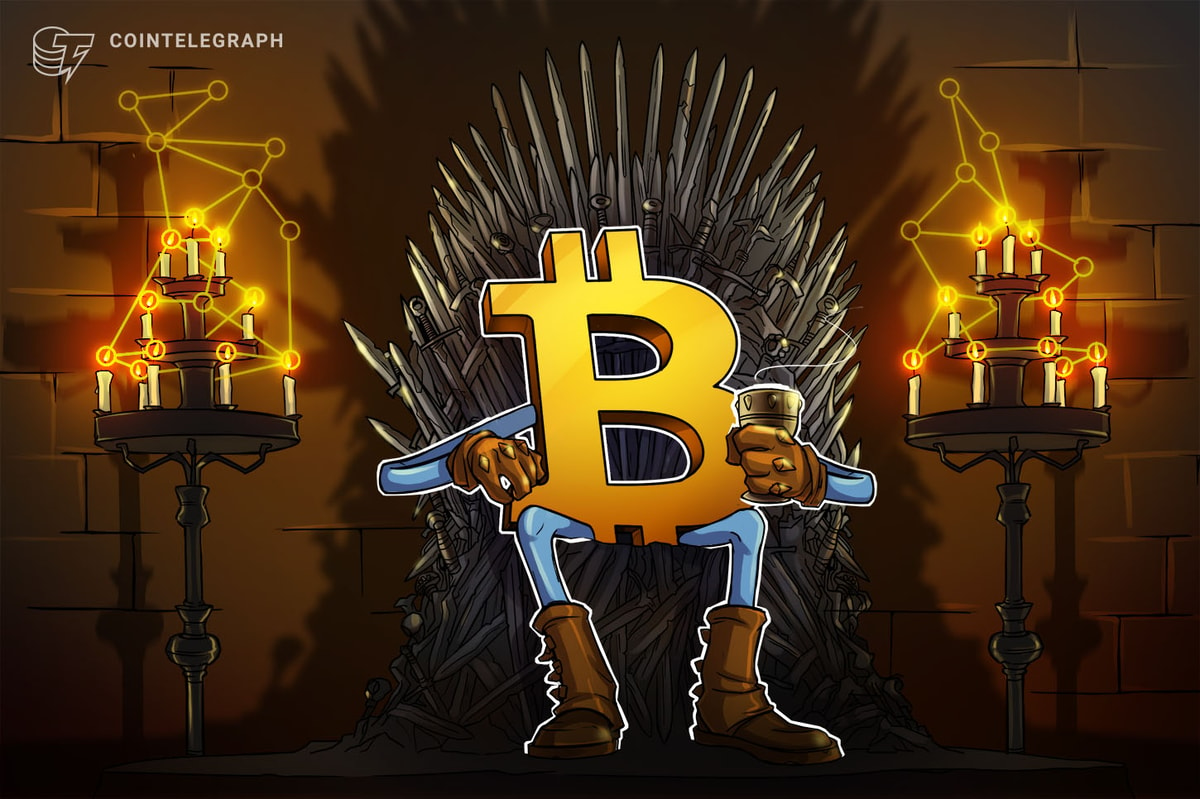You can also listen to this podcast on iono.fm here.
ADVERTISEMENT
CONTINUE READING BELOW
This podcast is a masterclass in the future of money and where crypto trends are headed.
KYC, or Know Your Customer, is the customer verification process that lets your bank or crypto exchange know who you are. It’s supposed to protect you from bad actors and allows authorities to track transactions. But the recent hack of Coinbase – where criminals bribed and recruited a group of rogue overseas support agents to steal customer data – is a worrying example of how things can go wrong.
In a statement this week, Coinbase said it received an email from an unknown source demanding $20 million to keep the breach of its internal data secret.
Coinbase refused to pay the ransom demand. Instead, it issued a statement saying, “We are establishing a $20 million reward fund for information leading to the arrest and conviction of the criminals responsible for this attack.” This raises a very important and interesting question: Is KYC really that safe?
Read:
Coinbase says bribed workers leaked data to hacker seeking $20m in ransom
Coinbase customer data theft investigated by Justice Department
In this podcast, Shiven Moodley, macro strategist at 80eight, unpacks what really went on at Coinbase and why this poses some worrying questions for regulators.
The ‘Travel rule’ – requiring all transactions above R5 000 to be between two parties who have been verified (KYC’d) by their respective exchanges – is now in place, which should add another layer of protection.
But as Moodley points out, it doesn’t protect customers from instances where internal staff are compromised and bribed.
The potential for danger is amplified by AI deepfakes, where it is now possible to convince people they really are getting a once-in-a-lifetime offer from Elon Musk or Johann Rupert (yes, that’s happening).
Read:
Moodley says one alternative to KYC that is permeating the crypto ecosystem is called “Decentralised Identifiers”, where customers have control over what information about themselves they want to make public. This is then secured cryptographically, broken up into small bits of information, and distributed in multiple places on the internet.
ADVERTISEMENT:
CONTINUE READING BELOW
Hackers would have to successfully retrieve and piece together information from thousands of computers, which is virtually impossible to do.
Moodley also explains why he is excited by Tron, a decentralised blockchain platform offering lightning-fast transaction speeds – an essential component for any global financial system. Transaction activity on Tron now rivals that of Ethereum, which is the second-largest crypto platform in the world after Bitcoin. What’s noteworthy about Tron is the number of high-value digital wallets now using the platform, making it a force to be reckoned with.
Moodley also discusses the potential for a blow-up in the European banking space. The world’s largest stablecoin, Tether, decided not to enter the European market directly because regulators demanded 60% of its funds be placed in uninsured bank accounts.
Listen: Tether, the world’s richest crypto company, moves into AI
This poses a risk for Tether users, who may be unable to redeem their funds in the future. A failure in one bank could lead to systemic failure across the banking system.
For previous Moneyweb Crypto Pod episodes, click here.
You can also sign up for our crypto newsletter.
Follow Moneyweb’s in-depth finance and business news on WhatsApp here.

 8 hours ago
1
8 hours ago
1






















 English (US) ·
English (US) ·